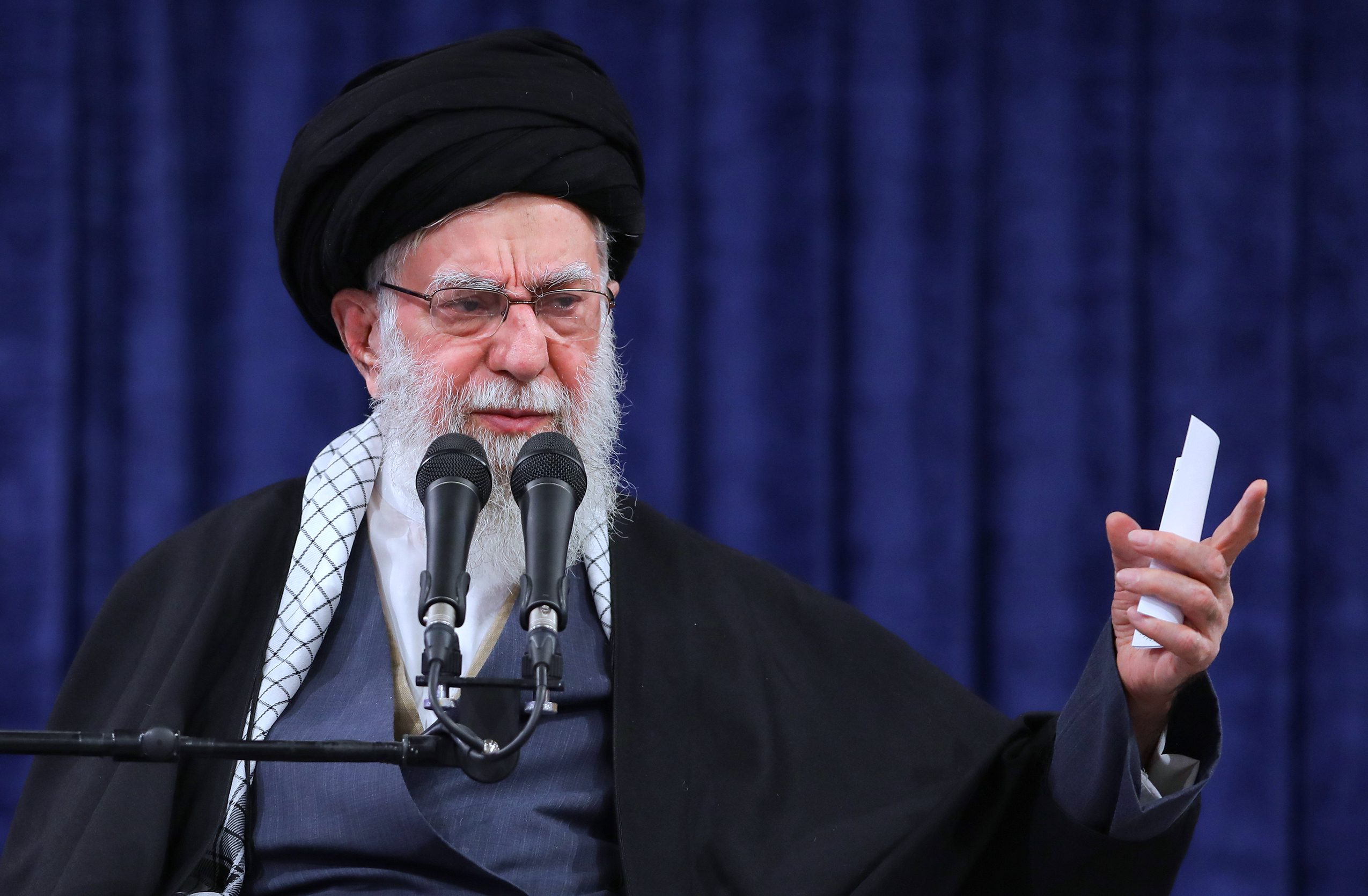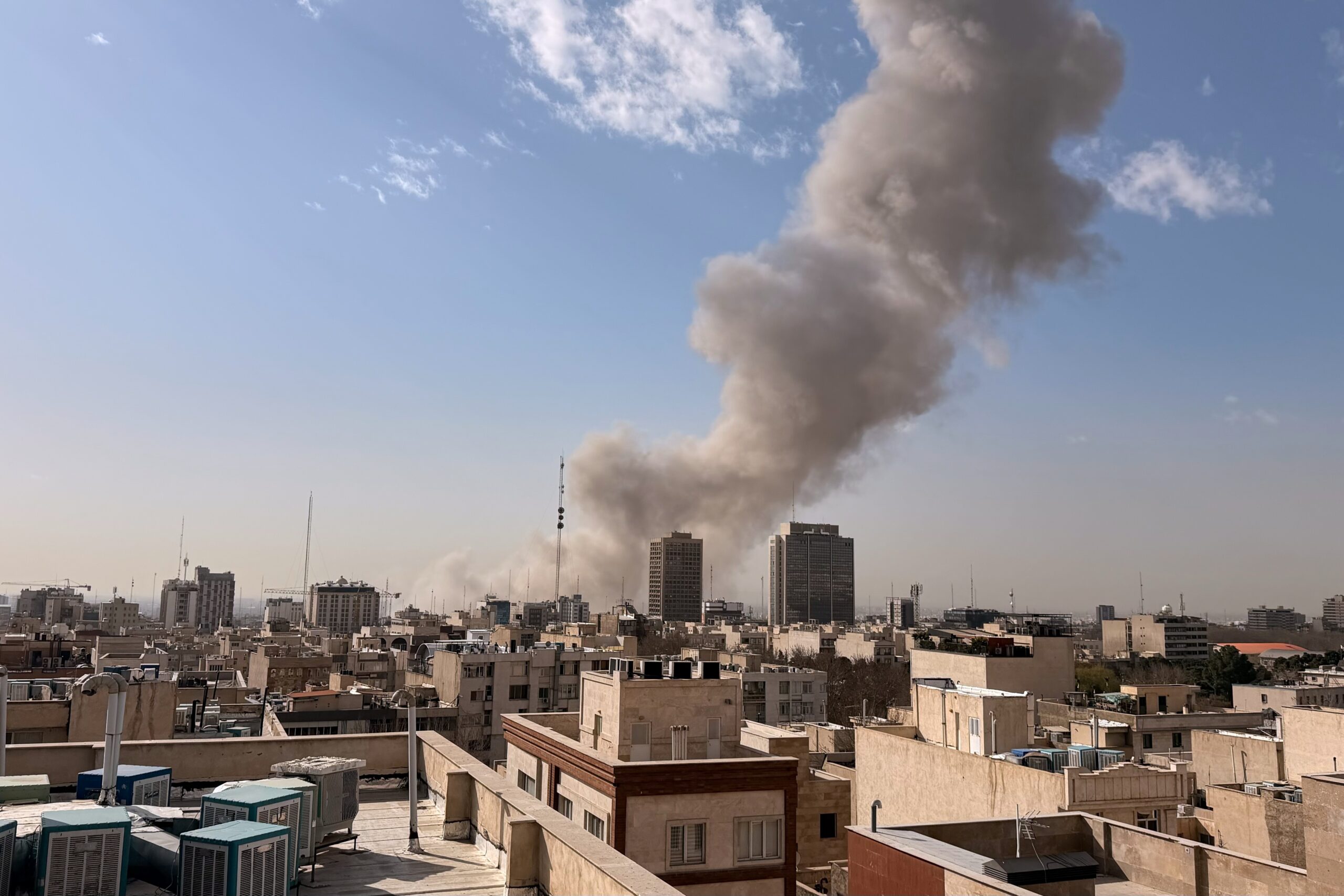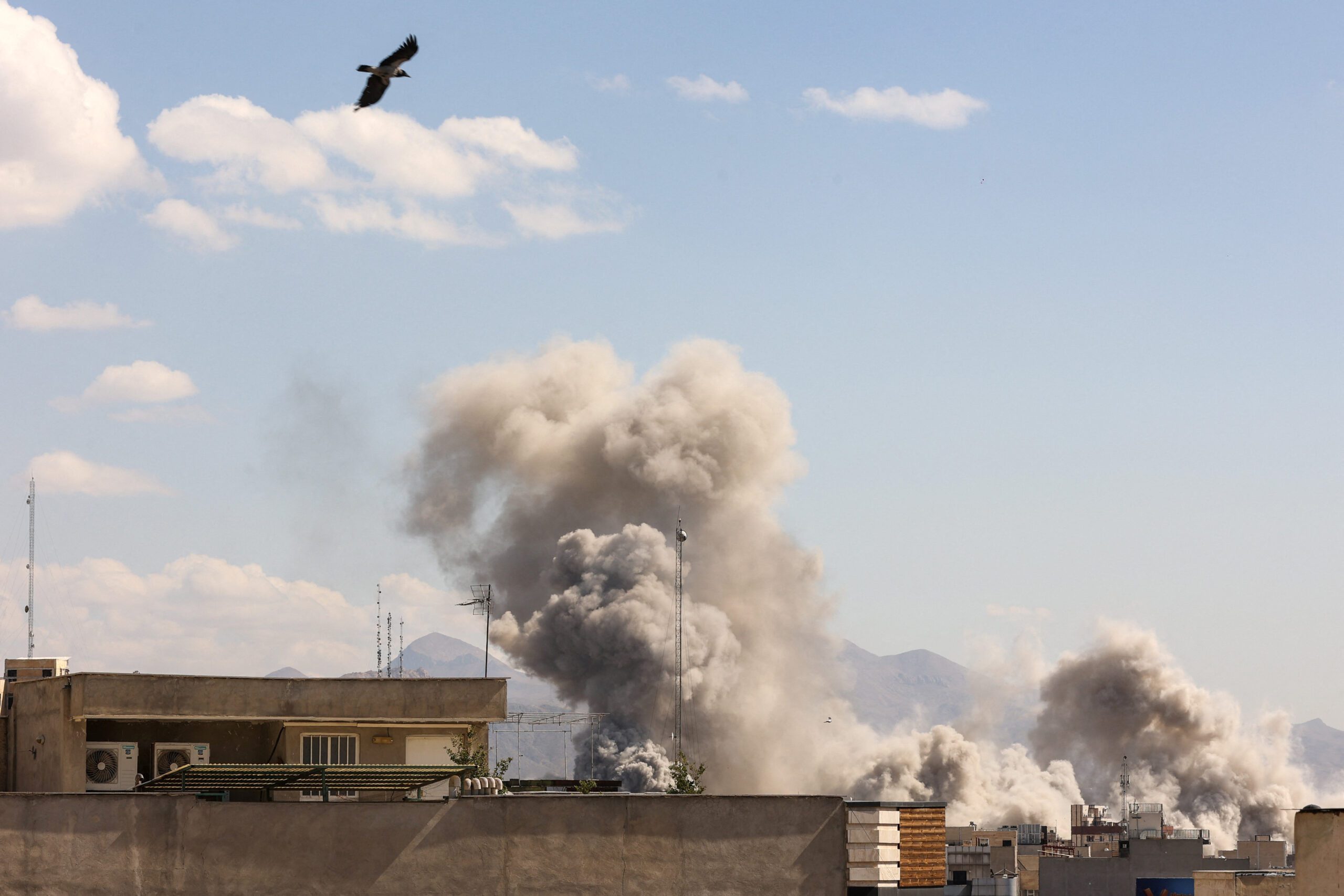Nov 1, 2022
“Bad Company”: Iranian Commentators on Putin
The November 1 edition of the Iran Media Review explores criticism of the Iranian regime’s close cooperation with Russia.
The Iranian Foreign Ministry’s main building is adorned with a mosaic mural with the text: “Neither East, Nor West, Islamic Republic.” The slogan is a reminder of the bipolar world order of the Cold War, when the revolutionary regime defined itself as independent of the Soviet Union and the United States. In recent years, however, the Islamic Republic appears to have abandoned its traditional nonalignment policy and has increasingly oriented itself toward the East, in particular China and Russia. The wisdom of Iran’s reorientation has long been questioned by some members of the ruling elites, who call for a more balanced approach. Russia’s war against Ukraine and Tehran’s close cooperation with Moscow are provoking more vocal criticism of the regime’s Russophilia.
- October 23: Nemat-Allah Izadi, a former ambassador to Moscow, quoted by Shargh newspaper, said: “On the one hand, Foreign Minister Hossein Amir-Abdollahian, in a phone conversation with Mr. Kuleba, his Ukrainian counterpart, said Iran has not delivered any drones or other arms to Russia. On the other hand, other officials inside of Iran not only said the opposite but also provided photos of Iranian drones in action in Ukraine, and in doing so undermined Mr. Amir-Abdollahian’s statements … Also, the Russians are playing diplomatic games … It was the Russians who first released the news of a Russian delegation visiting a factory in Kashan to procure Iranian-made drones … The Russians managed the game in such a way that everyone became certain that Iranian-made drones were used by it. Russia is politically and diplomatically isolated and is trying to find an accomplice to escape isolation.”
- October 25: On the frontpage of Sazandegi, mouthpiece of technocratic elites of the regimes of former Presidents Ali Akbar Hashemi Rafsanjani and Hassan Rouhani, was the headline “Bad Company” with a large caricature of Russian President Vladimir Putin.
- October 25: The founder of the Islamic Revolutionary Guard Corps navy, retired Brigadier General Hossein Alaei, quoted in Shafaqna, said: “From the very beginning of the invasion of Ukraine, Russia was trying to implicate Iran in the war. In doing so, it would avoid isolation but also increase sanctions against Iran and make a resolution to Iran’s nuclear issue impossible. Russia would take Iran’s foreign policy hostage … This may explain why Russia trumpeted its procurement of drones from Iran and constantly reported it at a time the official position of the Islamic Republic Foreign Ministry is neutrality in the war,” and support for the “effort to end the war … Iran’s national interests dictate the Islamic Republic’s neutrality in the war. It should take advantage of this opportunity to solve the country’s problems with Europe and the United States to the benefit of the people. Iran’s main problem right now is the sanctions regime … solve the conflict with the United States and Europe, and start exporting energy to other countries, in particular to Western countries.”
The views represented herein are the author's or speaker's own and do not necessarily reflect the views of AGSI, its staff, or its board of directors.


















